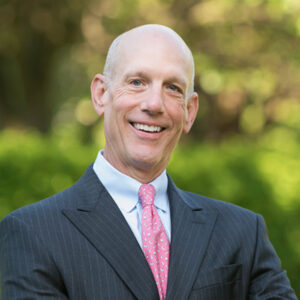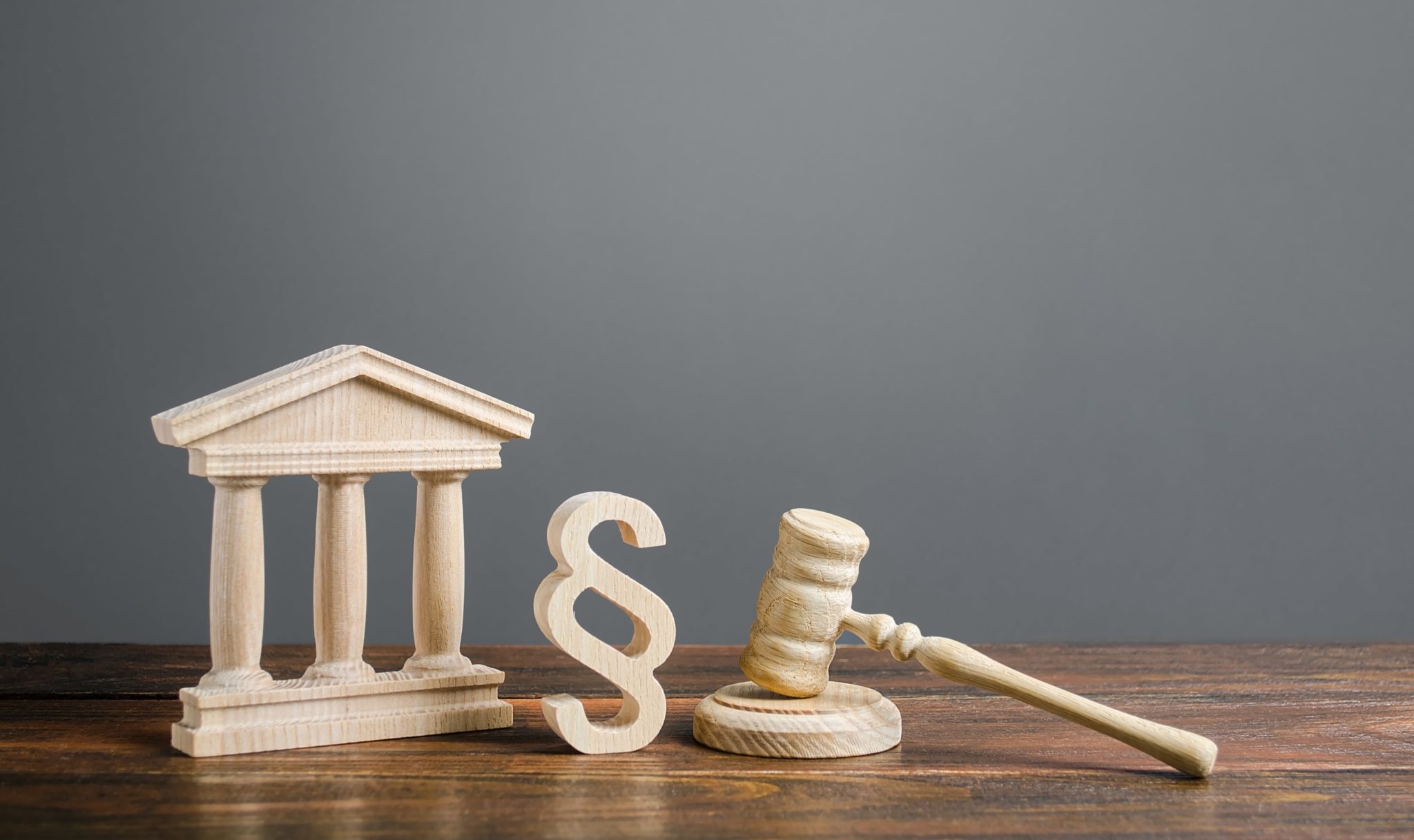Business Interest Limitation
Under the Tax Cuts and Jobs Act (TCJA), the deductibility of business interest expense used to be far simpler. As detailed in this blog post, the TCJA now limits the ability of a business to deduct business interest expense if its average gross receipts over the previous three years were over $25 Million. It is interesting to note that the business interest on floor plan financing is fully deductible regardless of the business’ average gross receipts for the previous three years.
Fortunately, TCJA affords the opportunity of real property trades or businesses and farming trades or businesses to elect out of the business interest deduction limitation rules. A real property trade or business is any real estate development, redevelopment, construction, reconstruction, acquisition, conversion, rental, operation, management, leasing, or brokerage trade or business. A farming trade or business is any trade or business involving the cultivation of land or the raising or harvesting of any agricultural or horticultural commodity. A farming trade or business also includes operating a nursery or sod farm, or the raising or harvesting of trees bearing fruit, nuts, or other crops, or ornamental trees.
Depreciation
Once a real property trade or business or a farming trade or business elects out of the business interest deduction limitation rules, the election is irrevocable. These businesses are then required, as a result of the election, to depreciate property with a recovery period of 10 years or more under the alternative depreciation system (ADS). The switch to ADS method results in longer life and less depreciation for newly purchased assets. Additionally, the 100% bonus depreciation cannot be claimed on any asset depreciated using the ADS method. Although accelerated depreciation is not available under the 100% bonus depreciation rules, accelerated depreciation may be available under Section 179. The Section 179 rules are beyond the scope of this blog, however, please contact us for additional clarification.
For existing property, electing businesses will not have to file a change in accounting method, but rather will follow a “change in use” of these existing assets. The depreciation deductions beginning with the year of change are the amount of depreciation allowable if the property had been originally placed in service by the taxpayer under the ADS method.
Effected Taxpayers
The application of the business interest deduction limitation rules varies based on the type of entity. The application can be very complex and is different if the entity is a sole proprietorship, a C corporation, an S corporation, a partnership or an LLC.
For help in determining whether the limitations apply to you or whether to elect out of these business interest deduction limitations, contact us.
Written by: W. Thomas Miller III, CPA, CFE, MST

Tom Miller is a principal with Thompson Greenspon and has been with the firm since 1990.
Tom’s experience with tax law interpretation has been extremely beneficial in analyzing and advising clients on complex business and individual tax matters. The analysis and advice Tom has provided has included C Corporation and S Corporation formations, mergers, acquisitions and liquidations. He has also developed an area of specialization in the nonprofit sector, where he works closely with organizations to assist them in performing within the 501(c) guidelines. Tom also has expertise in IRS representation and negotiation and Forensic Accounting.
Prior to joining Thompson Greenspon, Tom was with a large international accounting firm and also spent 11 years at the Internal Revenue Service as a field agent, group manager and acting branch chief.
Tom has been selected as a “SmartCPA” by SmartCEO Magazine and has also been named a “Super CPA” in the category of Corporate Tax by the Virginia Society of Certified Public Accountants and Virginia Business Magazine. In addition, Tom was listed as a Top Financial Professional by Northern Virginia Magazine in 2014. He is regularly asked to speak on technical tax issues at industry organizations and has been an Adjunct Professor at George Mason University, where he has taught classes on business and individual tax.


